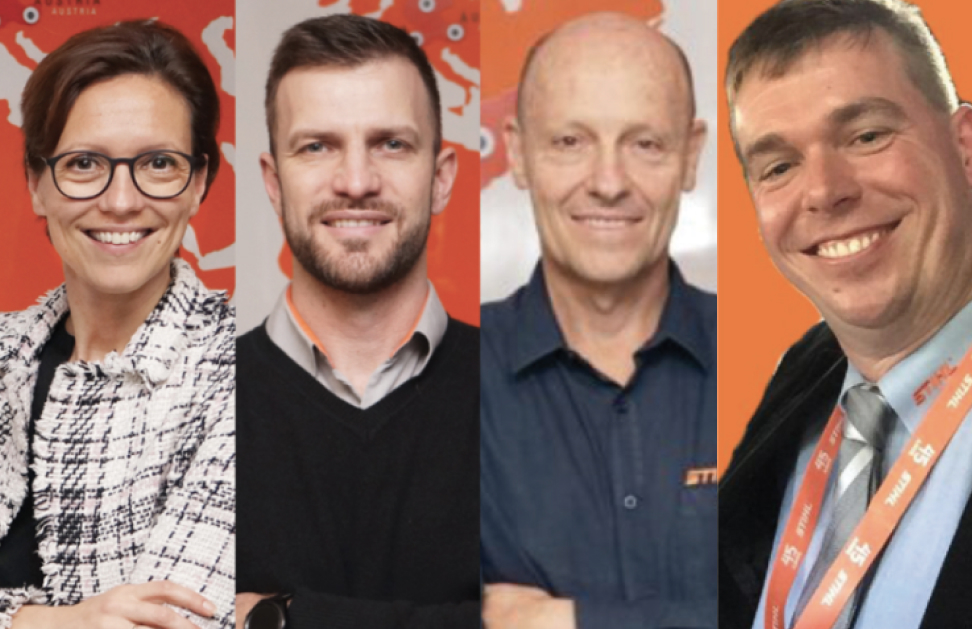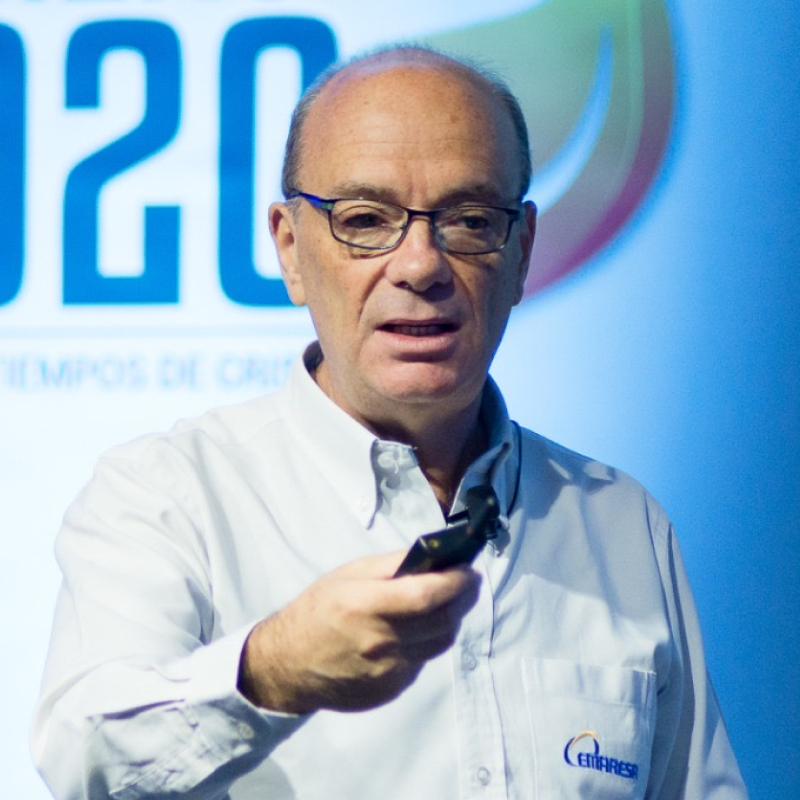THE YEAR OF 2022 ONCE AGAIN SHOWED ADVANCES IN THE AREAS OF QUALIFICATION, TECHNICAL SERVICE, SALES, AND MARKETING IN LATIN AMERICA AND THE CARIBBEAN.
There is much to say about 2022. The year was marked by the post-pandemic resumption and lots of work. The areas of Service Centre, Qualification, Sales, and Marketing worked tirelessly offering new and better services to importers and subsidiaries in Latin America and the Caribbean.
Let’s remember six great moments with pictures.

Service Centre team’s technical visit to Peru: the first one after lockdown. The event gathered approximately 100 people over two days. Each shift targeted one point of sale and its customers. The objective was to put high-power chainsaws back in evidence and get customers in touch with the different technologies of STIHL machines

Academy: one of the great legacies of the year in the area of qualification. More than 30 trainings were held in the platform in 2022, reaching more than 1,100 people in Bolivia, Equator, El Salvador, Chile, Honduras, Guatemala, Costa Rica, Panama, Paraguay and Uruguay

Oscar best practices: second edition mobilized even more participants. 36 good practices from 16 countries were entered

Many new releases were relevant to the market, like tillers MH 610 and MH 710 and the new water pumps WP 300, WP 600 and WP 900

ThumbStopper: the social media platform made the marketing teams’ life easier. The year ended with 13 active countries, organically reaching almost 3 million people and having approximately 600 dealers connected

Train the trainer: technical training held in August, in Colombia, relied on the participation of 12 Spanish speaking countries
Congratulations to the teams of all countries that dedicated themselves to make it happen the best possible way. May the next few months bring us even more achievements to celebrate!

DO YOU HAVE ANY QUESTIONS?
CONTACT US!
Sabine MacDonald
+55 51 99961-2540
sabine.macdonald@stihl.com.br
Raul Kriedte
+55 51 99283-0273
raul.kriedte@stihl.com.br
Fernando Bergmann
+55 51 99799-9931
fernando.bergmann@stihl.com.br
Paul Strohm
+ 49 1515 803-2512
paul-gerhardt.strohm@stihl.de













